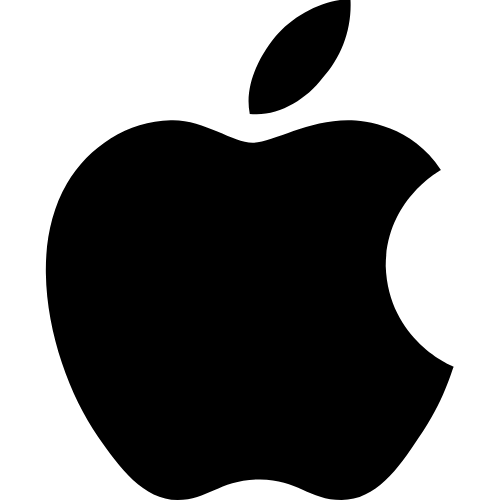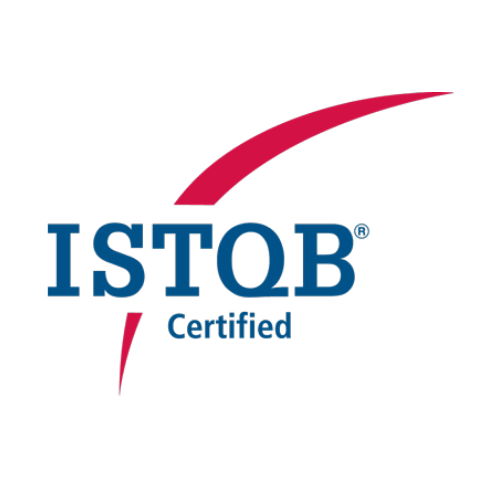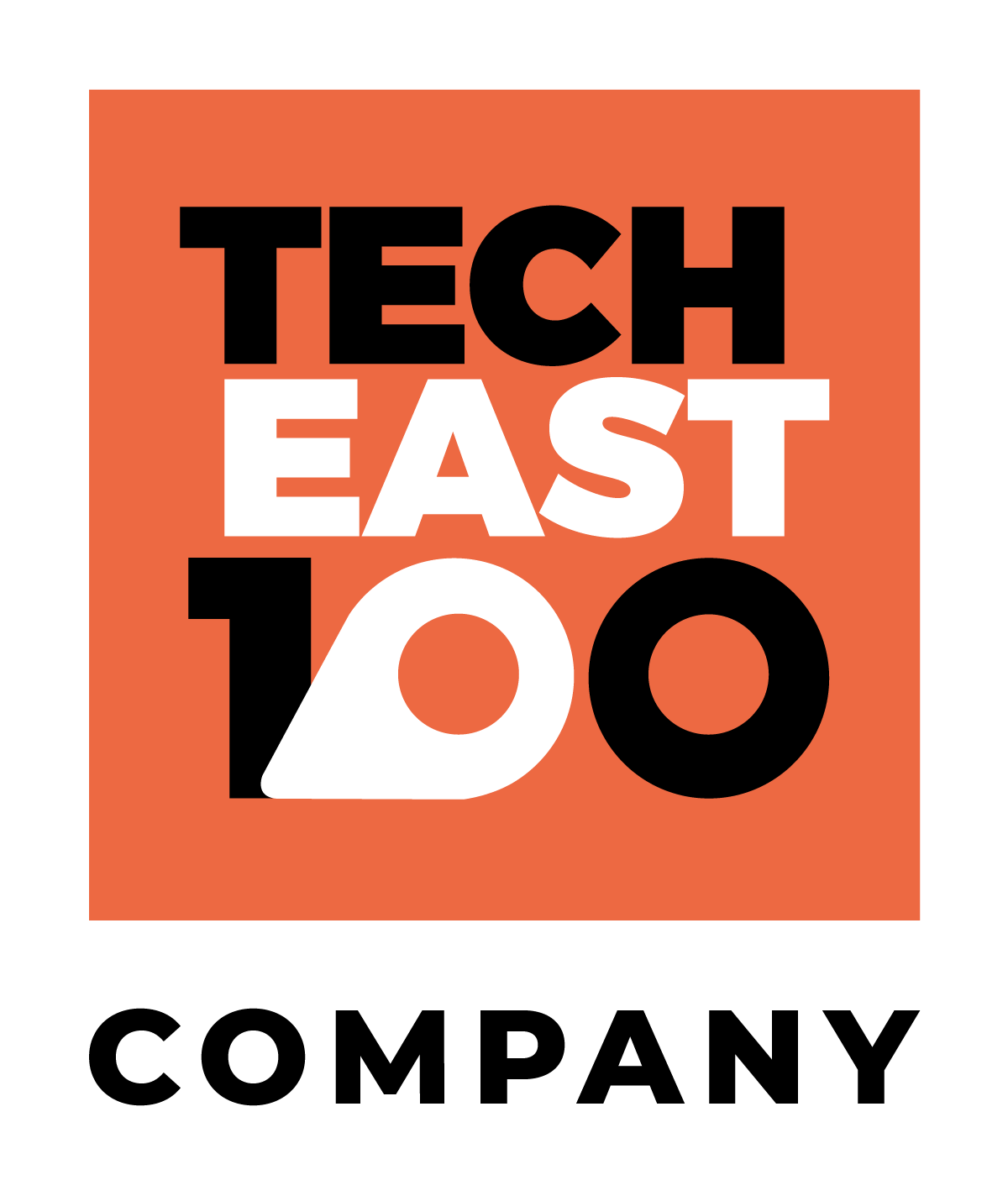Content publishers set to win big from the next generation of wireless connectivity, but don’t get too excited about autonomous cars just yet, says Coderus’ Mark Thomas.
5G: More Than Just an Upgrade
5G (5th generation) is the hugely anticipated upgrade to the current 3G and 4G wireless internet networks. As many have commented, the introduction of 5G isn’t simply a system upgrade: it is set to be a different system entirely. With the waves only travelling short distances, it will not operate from big cell towers like 4G, instead being accessed from many small sensors placed strategically across the urban landscape. In theory this will give the network higher capacity as well as making it faster and more reliable.
With this new technology, multiple systems will be able to run within one 5G network signal with something called network splicing. Multiple people can work alongside each other efficiently on one network without slowing each other down, which will be perfect for team projects and collaboration. Splicing will also be useful in autonomous machines, such as cars, with one network providing for multiple systems without getting overloaded.
Another thing 5G will improve massively is latency – simply, how responsive applications are to your commands. Driverless cars for example, depend on extremely low latency levels in order for to be safe.
So who will benefit?
5G Benefits for Consumers
The effects of 5G on the consumer are highly debated, however, connectivity is an obvious advantage. Forget the days of having to have fibre optic installed at your house, as 5G will connect wirelessly. You also won’t have to worry about the connection slowing down in crowded places such as city centres, as 5G will have a much bigger capacity than 3 and 4G.
That aside, 5G’s biggest beneficiary will be content: specifically for companies (such as Netflix) that charge us to access content (such as video) and those of us that consume it.
If predictions are correct, then 5G will be three times faster than 4G. The speed of the 5G network will hugely improve the way we use the internet, creating new and improved experiences, from playing an augmented reality game via your smartphone, or simply keeping a video call going on transport through the city. It will allow companies to play with and release more augmented reality games and advertising – delivering rocket-fuelled speed and bandwidth that will allow consumers to consume more content, more quickly – a perfect complement to today’s social-media obsessed and app-driven world.
5G Benefits for Business
The tech sector will of course be one of the first to benefit from the network, with cloud computing companies booming as everyone, including both businesses and consumers, switches from device memory to storing data within the cloud via iOS and Android apps. Elon Musk and SpaceX are currently planning on putting 4,000 low-orbit satellites into space over the next 5 years in order to provide world-wide 5G connection, which would enable his other company Tesla to deploy driverless electric cars.
There is a lot of talk about IoT and smart city technologies being enabled by 5G, but this is also debatable, as LoRaWAN may be a more viable option as they have a longer range, being able to reach rural areas as well as the urban landscapes. It’s also a low-cost solution, whereas 5G is set to be very expensive.
5G Benefits for Manufacturing
However, one place 5G will definitely be useful from the offset is the manufacturing industry, as the system can be used internally to autonomise processes and communications between factories. Supply chain management will be quicker and more efficient with the low latent, more powerful network, and the reliability means automated machine operations will also be safer.
5G Benefits for Financial services
The banking sector is also set to adapt with financial technology – cryptocurrency and blockchain being the buzzwords – which will be helped along by 5G due to the need for low-latency transactions. Blockchain will also most likely affect a lot of other business areas, such as government, law enforcement, medicine and education to name but a few. The agriculture industry is also being revolutionised, with autonomy vastly changing farming operations. Whether or not 5G is the ultimate network used in these sectors, its implementation will certainly not hurt the industries – in most cases it will most likely improve efficiency and boost revenue.
Sounds great, doesn’t it? But 5G isn’t going to win fans everywhere – here’s just a couple of reasons why:
- Limited outreach to rural areas:to start with at least, the cells will have limited range, meaning only those in the cities will have the ultrafast connections.
- Cost: if you want 5G, then you’ll have to upgrade your devices, at the very least, and manufacturers will likely push consumers to buy devices built to support 5G from the ground up, meaning a high outlay at least to start with.
- We’re lagging behind: The UK is predicted to have 5G by 2020 (an unrealistic aim in itself), already years behind the US, South Korea, China and Japan. The sensors must be built everywhere, and given that the U.K. is still 54th in the world for 4G connection, are we really going to pull this one out of the bag in time to be leaders of Europe? Stephen Howard, head of global telecoms, media and technology research at HSBC, believes it will be much more evolution than revolution, not quite buying the hype of instant 5G connections everywhere. Howard believes there is not enough incentive for companies to rush to deploy 5G, and thus it may be some time before we all receive the benefits of the connection.
With WiFi so readily available, with connections improving all the time, and many companies offering slower connections completely free, it could be that sticking with 4G is simply more compelling for many people.
However, let’s not get too negative! 5G will have some exciting benefits for businesses, already being tested in some areas of the world: let’s take a look.
5G Uses so Far
The technology has already been tested by Samsung, Orange and Cisco in Romania, where it was put into real life conditions with 15 residential customers. The households were encouraged to test the network’s capabilities by using the cloud to play games and streaming 4K video, with other tests going on in other areas of the city. All went to plan and the customers were impressed with the speed and capacity of the network.
South Korea showcased a version of 5G at the Winter Olympics in PyeongChang in February, using the technology to ward off wild boars with rays, gases and tiger roars. Telecom company KT also used the technology to broadcast HD 360 degree videos of the athletes competing. Whilst underwhelming for some, this would never have been possible with 4G, so it shows promise for the future of the technology.
Excitingly, BT has won funding from the EU to build an open 5G testbed at Adastral Park, where Coderus is also based with other Innovation Martlesham companies. It will be ready in 2019 and will run for two years, connecting to similar facilities in Spain, Norway and Greece. This is incredibly exciting and will give Innovation Martlesham companies a chance to be involved with the construction of the U.K. 5G network.
The Future of 5G
The future in the tech sector seems to be more promising than ever and Coderus, as a software development company, is ready to accept the challenges and make the most of it. 5G will undoubtedly lead to some innovative projects, but what makes it exciting is the unforeseen opportunities in mobile and embedded solutions. To learn more about Coderus and our current projects visit our client page.























